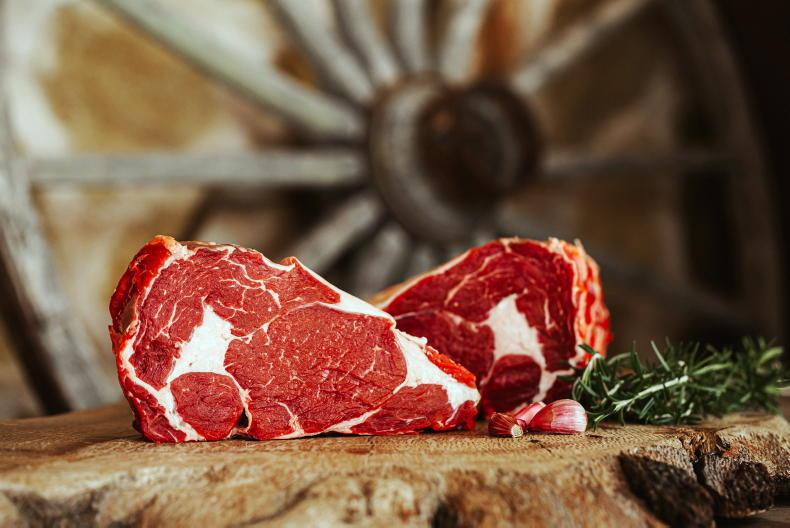Weather, politics, as well as trade disruption are all given as reasons for the volatility in farm incomes, but the most basic one is that demand for food is, in many societies, broadly fixed.
If food was free, most Irish consumers would eat very little more.
They might eat steak more often and they would I suspect waste more.
But in general, food deprivation comes not from scarcity or intrinsic inability to pay, but human misfortune which the social welfare system cannot entirely abolish.
But free food, or at least a significant drop in farm prices, has a really serious effect on farmers.
Margins
Processors’ and retailers’ margins will be maintained but farmers have long been recognised as being particularly vulnerable to fluctuating prices. Policymakers in Europe have long acknowledged this reality but have done little about it.
The original CAP, with its guaranteed intervention prices and export refunds, was designed to prevent severe fluctuations. The direct payments which replaced them were meant to compensate for both price reductions in guaranteed prices and partly compensate for extra environmental conditions imposed on European farmers.
While the claim is made that the direct payments have the effect of providing a stable income, regardless of market or climatic conditions, they are providing less and less income protection as they are reduced and diverted away from production and towards social and environmental objectives.
Income protection
Under the present CAP programme, EU governments can implement an income protection element, but they have to take the money from their existing EU pot so the uptake is limited.
With greater price, trade and weather variability, the subject is on the agenda as the European Commission prepares the ground for the next CAP programme.
Various models will be looked at, including the long-established system operating in the United States of America.
One of the crucial questions will be how the costs will be split between farmers, EU central funds and individual member states.






 This is a subscriber-only article
This is a subscriber-only article










SHARING OPTIONS: